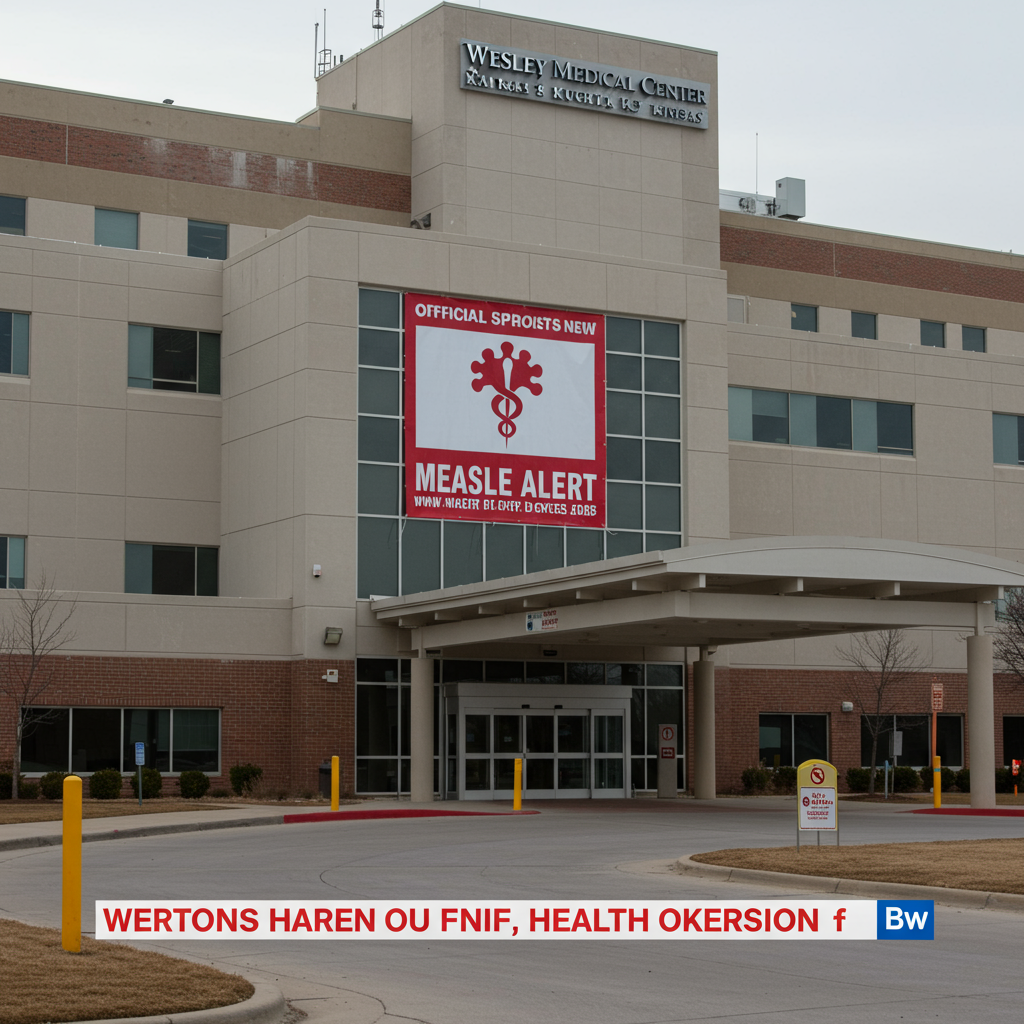News of former President Joe Biden’s diagnosis with an aggressive form of prostate cancer has ignited renewed scrutiny and political debate regarding the state of his health during his four years in the White House.
Biden’s office announced on a Sunday that the 82-year-old received the diagnosis on the preceding Friday, following a doctor’s visit prompted by urinary symptoms where a small nodule was discovered on his prostate. The diagnosis revealed a high-grade cancer, specifically a Gleason score of 9 (Grade Group 5), which had metastasized, or spread, to his bones. While aggressive, the cancer is noted as hormone-sensitive, a characteristic that allows for effective management options.
The Medical Debate: Timing of the Diagnosis
The late stage of the diagnosis, particularly in someone with access to top medical care, has led to differing opinions among health professionals.
Some doctors expressed surprise that such an aggressive, metastatic cancer was not detected earlier. Experts like Dr. Howard Forman of Yale and others found it “inconceivable” that a Gleason 9 cancer that had spread wouldn’t have been tracked previously, suggesting that it would typically involve elevated PSA levels for some time. Dr. Ezekiel Emanuel, an oncologist and former Covid adviser in the Biden White House, has publicly stated his belief that the cancer likely originated well before the diagnosis, potentially present since the start of Biden’s presidency in 2021.
Conversely, other medical professionals argue that aggressive prostate cancers, including Gleason 9 types, can indeed grow and spread rapidly, sometimes without causing significant elevations in PSA levels. Dr. Mark Litwin of UCLA noted that aggressive forms can present as metastatic from the outset, potentially even with regular checks. Furthermore, standard US medical guidelines generally do not recommend routine PSA blood screenings for men over 70, as prostate cancers in this age group are often slow-growing and the risks associated with testing and treatment may outweigh the risks of the cancer itself. Jonathan Waxman, founder of Prostate Cancer UK, also highlighted the lack of clear evidence showing a benefit from routine prostate cancer screening programs. Dr. Robert Figlin of Cedars-Sinai Cancer cautioned against assuming something was missed, stating that an aggressive cancer presentation is not uncommon.
Political Fallout and Transparency Questions
The timing and perceived lack of prior disclosure about such a serious health condition have quickly become a political flashpoint.
Former President Donald Trump was among the first to publicly question why the diagnosis was not revealed sooner, suggesting without evidence that it might have been concealed. “I am surprised that the public wasn’t notified a long time ago,” Trump said, speculating that such an advanced stage could take years to develop.
This news arrives amidst existing scrutiny regarding Biden’s fitness for office, which intensified after his withdrawal from the 2024 presidential race following a widely perceived weak debate performance against Trump. Republicans had already claimed that Biden, the oldest president in US history to seek re-election, was physically and mentally unfit.
Recent revelations from the forthcoming book, “Original Sin: President Biden’s Decline, Its Cover-Up, and His Disastrous Choice to Run Again,” by journalists Jake Tapper and Alex Thompson, have added fuel to this narrative. The book reportedly details alleged instances of cognitive decline, such as Biden struggling to recognize key individuals like actor George Clooney or recall the names of aides in his final year. It also claims discussions occurred within his team about his significant physical deterioration, including consideration of using a wheelchair after the election due to a severe halting gait.
The publicity generated by these claims, now coupled with the cancer diagnosis, has prompted senior Democrats to address past shortcomings. Senator Chris Murphy acknowledged it was a “mistake” for Democrats not to have addressed voters’ concerns about Biden’s health earlier during the campaign. Vice-President JD Vance, while offering good wishes for Biden’s health outcome, explicitly questioned whether doctors or staff had attempted to hide information about his condition, stating that someone not healthy enough for the job should not be doing it.
Biden’s Health History and Public Reaction
Biden’s medical history includes treatment for benign prostatic hyperplasia (BPH), a non-cancerous prostate enlargement. A 2019 medical report released by his campaign stated he had been treated for BPH and “has never had prostate cancer.” This history, contrasted with the current aggressive diagnosis, raises questions about whether he underwent screening during his presidency. Dr. Chris George of Northwestern Health Network found it difficult to believe Biden would have had a normal blood test in the past year given the aggressive nature of the current findings.
Despite the political controversy, Biden has expressed gratitude for the wave of support he has received globally, including a private letter from Britain’s King Charles. He shared that the outpouring of well wishes underscores how “Cancer touches us all.”
Prostate cancer is a prevalent disease. According to the Cleveland Clinic, it is the second most common cancer among men. CDC statistics indicate that approximately 13 out of every 100 American men will be diagnosed with prostate cancer in their lifetime, with about 2 to 3 dying from it. While the majority of cases are diagnosed at localized or regional stages, a significant percentage (around 8% in the US) are found at a distant, metastatic stage initially, and studies in other countries suggest late-stage diagnoses are not uncommon overall.
The diagnosis marks another significant health challenge in a career defined by overcoming adversity, but also ensures that questions about Joe Biden’s health status during his time as president will continue to be a subject of public and political discussion.
References
- https://www.bbc.com/news/articles/cwyn0zm8d20o
- https://www.newsweek.com/biden-cancer-announcement-questions-transparency-2074077
- https://www.bbc.com/news/articles/c62vg853n6qo
- https://www.bbc.co.uk/news/articles/cwyn0zm8d20o
- https://www.bbc.com/news/articles/cyvmq997y9go




